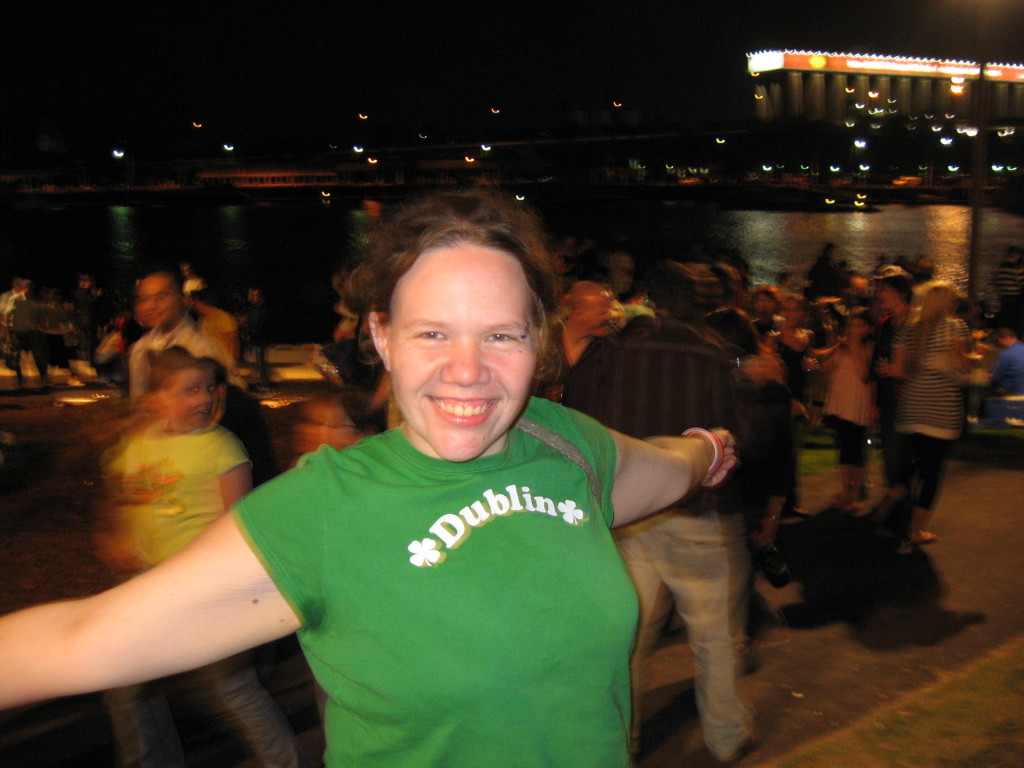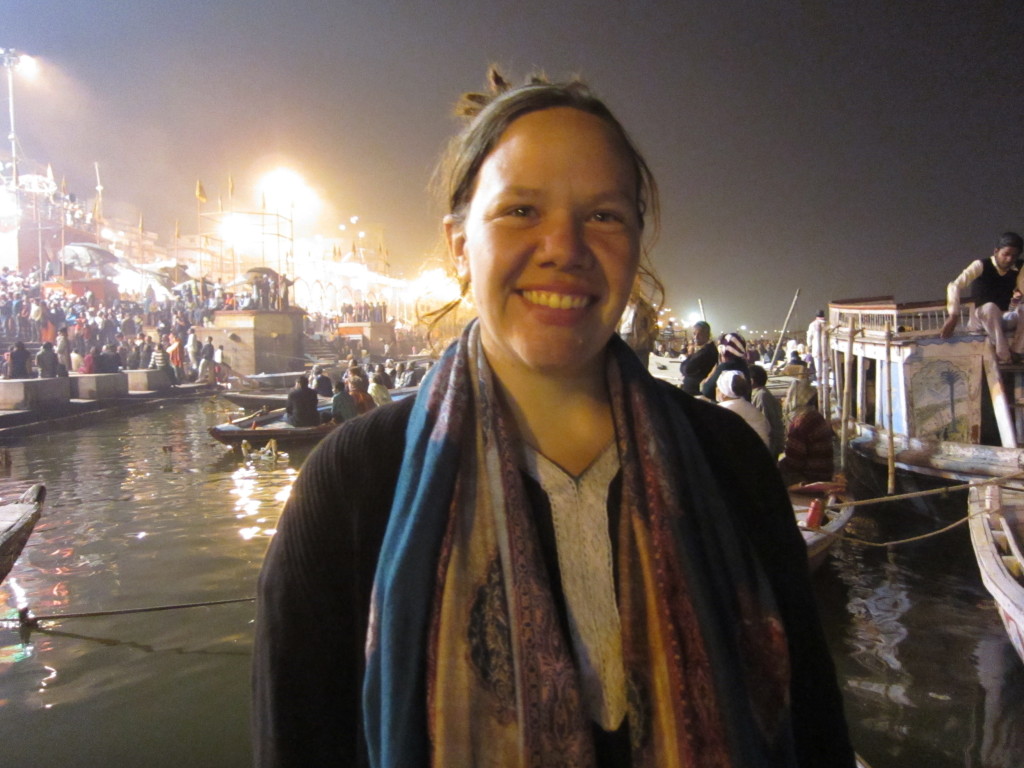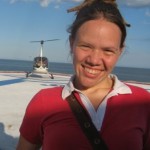 Republican (n) = A person or entity that supports politically conservative ideals (US)
Republican (n) = A person or entity that supports politically conservative ideals (US)
A person or entity that supports an united Ireland (Republic of Ireland)
Liberal (n) = A person that supports ideals similar to the US Democratic party (US)
A person that supports ideals similar to the US Republican Party (Australia)
American (n) = A person that hails from the United States of America (US)
A person that hails from a country within North and South America (Latin America)
Language can be a tricky thing. As an undergraduate, I spent a semester attending universities in both Sydney, Australia and Dublin, Ireland. I made the conscious decision to study abroad in two English-speaking locations. I was a sociology and political science student and didn’t want language (and my lack of knowledge thereof) to be a barrier to understanding the culture as I met people abroad. It wasn’t long, however, before I realized that language is never straight-forward. It is instead fluid, showing the cultural nuances inherent within a society.

My first language lesson came quickly. Soon after arriving in Australia, I was introducing myself to a fellow international student outside the large concrete classroom building at the University of Technology, Sydney. I introduced myself as an American. She quickly said, with a strong Spanish accent, that she was as well. “I’m from Mexico. Where are you from?” I was dumbfounded. What did she mean? Mexican was Mexican, American was American – right? We talked briefly and she explained that she was from North America, just like me. I have since met many people from throughout North and South America that identified as American, citing the continents that provided the name sake for the United States of America. Why would one country have a monopoly on a term referring to the whole of North and South America? In fact, Spanish has a term – “Estadosunidense” – that translates roughly to “United States-ian.” How ironic that Spanish, spoken as a (growing) minority language in the United States, can provide a demonym that is more precise than anything we have to use in English?
That wasn’t my only language lesson in Australia, however. After settling into my new life in Sydney, I decided to attend an activity fair at the student union. Active in political groups back home, I signed up for a club called the “Student Liberals”. It wasn’t long before I realized that something seemed a bit different than what I expected. Proclaiming traditional values and a knack for social consertavism, it seemed to be the antithesis to the liberal-leaning groups I was a part of back home. A few local friends filled me in that the Australian term “liberal” meant fiscally liberal and socially conservative, with much more in common with U.S. Republicans instead of the socially liberal groups that I had in mind. How did the most basic political descriptions be so different from what I had in mind? How could I – or Australians – have gotten it so backwards?

My language learning continued when I continued my junior year at the University College, Dublin. One of main reasons that I was drawn to spending time in the Republic of Ireland was to further understand “The Troubles”, the ongoing political battle between the Irish Catholics and British Protestants that divides families, neighborhoods, and cities throughout much of Northern Ireland. Many of my classmates in sociology and political science classes felt strongly about the issue. Many of my local friends identified as “Republicans”, hoping to one day see both Northern Ireland and the Republic united into an independent Irish republic. To me, being a “Republican” meant something entirely different. So not only did I learn that what I thought of “Republicans” were now considered “liberal” in some places, the very definition of Republican was now up-for-grabs.
Discovering new accents and turns of phrase is often one of the most fun parts of traveling. This language exposure went deeper than that, however. I started to learn how my own culture informed terms that I had taken for granted. Even the term that I was taught to explain where I was from meant something wholly different to others that didn’t share my cultural background. These moments taught me that I had to delicately try to unravel my own cultural nuances in order to fully appreciate where I was and what others were trying to teach me. Namely, I had to learn that there were quite a few more “Americans” around the world – and that being a “liberal Republican” may just make a bit more sense than I had thought.
 About the Author: A native of Philadelphia, Stephanie caught the travel bug early and hasn’t stopped since. She has lived abroad in Sydney, Dublin, Oaxaca, and Ottawa as well as throughout the U.S. Eastern coast. She has seen the rice paddies of the Indonesian island of Bali, sailed through the Mediterranean with 550 college students, and explored the unique rhythm of the Indian subcontinent (including Bangladesh, India, and Nepal). She has an M.A. in International Education from the SIT Graduate Institute and has worked in study abroad at the University of Connecticut, Semester at Sea, and the Experiment for International Living. Her online resume is available here. Her writing is also published on Reflective Wandering and Go! Girl Guides.
About the Author: A native of Philadelphia, Stephanie caught the travel bug early and hasn’t stopped since. She has lived abroad in Sydney, Dublin, Oaxaca, and Ottawa as well as throughout the U.S. Eastern coast. She has seen the rice paddies of the Indonesian island of Bali, sailed through the Mediterranean with 550 college students, and explored the unique rhythm of the Indian subcontinent (including Bangladesh, India, and Nepal). She has an M.A. in International Education from the SIT Graduate Institute and has worked in study abroad at the University of Connecticut, Semester at Sea, and the Experiment for International Living. Her online resume is available here. Her writing is also published on Reflective Wandering and Go! Girl Guides.
![]()

